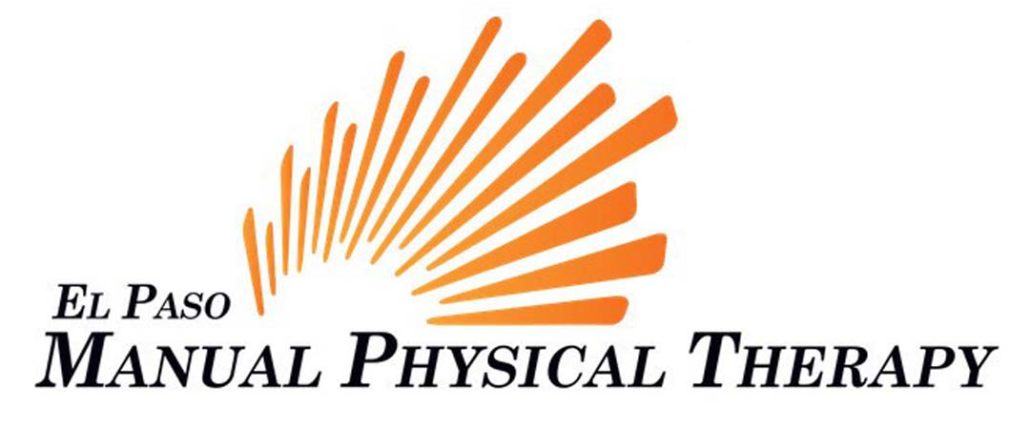6 Signs You’ve Got A Cartilage Problem In Your Knee
Hey, El Paso!
I’m Dr. David, Physical Therapist from El Paso Manual Physical Therapy.
We got a question recently online from a woman who has seen so many doctors, physical therapists, chiropractors, massage therapists….she’s seen over 10 people.
Her biggest complaint was they all say something different.
Her question was:
“How do I know what’s going on inside of my knee so that I can know what to do about it?”
I asked her a bunch of other questions to get to the root of the problem.
What I discovered is there’s 6 big signs that you’ve got a cartilage problem.
I want to share with you guys the top six signs that you’ve got a knee cartilage problem so that you know what kind of treatment to pursue.
#1 – Pain When Sitting Too Long.
If that knee’s in a bent position, say you’re sitting driving in a car, watching a movie, sitting at home, enjoying a meal at a restaurant, and that knee just starts to hurt and you get the feeling that you needed to stretch it out and walk around a little bit, that’s a clear sign that there’s probably some cartilage issue inside in the knee.
#2 – Knee Stiffness With First Few Steps
So you’ve been stuck sitting for a while…
Then you go to get up and the knee is stiff.
Stiffness inside the knee when taking those first few steps after sitting for a while is another clear sign that that cartilage inside isn’t moving very well on itself.
#3 – Clicking, Popping, Crunching.
Sounds coming from inside that knee joint, are NOT normal. (but very common!)
A lot of people have it, though, but it means that there’s some problem with the cartilage because it should be nice and smooth in the knee joint.
You shouldn’t make any noise when you bend your knee.
For some people, it sounds like they have Rice Krispies or sand inside their knee every time they bend it.
Sometimes it gets irritated when they do that.
#4 – Pain After Walking Or Standing Too Long
When I talked to this lady over Facebook Messenger, she was telling me that she can’t stand for more than 30 minutes at a time. 🙁
Going to the grocery store leaves her limping in pain afterwards.
This is a bit more of an extreme example, but if you even find yourself having to sit down after standing or walking for 60 minutes – that is not normal.
You should not have any pain or discomfort in your knee, if you’re on your feet for 60 minutes.
#5 – Swelling Around The Knee Joint
Especially where your knee bends. Where the lower bone here meets the upper bone, if it’s swollen around there on the back, on the sides or on the front….
…that is a clear sign that there is some sort of irritation going on and there is likely inflammation inside the knee joint.
Nine times out of 10, cartilage is the culprit.
#6 – Family History Of Arthritis.
If you’ve got parents or other relatives that have had arthritis problems already, then you’re going to be way more likely to also have arthritis problems in your knee.
Now you may even had an x-ray or some other sort of scan that showed that you have arthritis …
sometimes it’ll say degenerative joint disease or decreased space inside the joint …
those are all kind of the same thing.
And you bet, there’s going to be some sort of cartilage injury in the area.
Guys, if you said yes to 3 or more of these signs then you might have knee cartilage problems.
But there’s good news for you. It is possible to avoid painkillers, avoid injections, and even avoid surgery if you put your knee in the right environment for that cartilage to heal.
We help clients with this all the time, so that they can get back to sitting as long as they want, walking and standing as long as they want, and not to deal with anymore swelling.
If you have any specific questions for us, email us at dmiddaugh@epmanualphysicaltherapy.com OR call us at 915-503-1314, and we’ll be happy to answer it as soon as possible.
Thanks, guys!
Have a great day!

